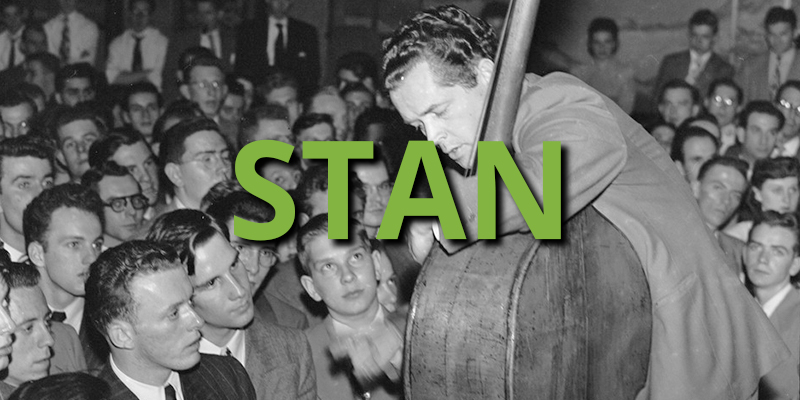The 1960s, commonly known as the Sixties, was a decade beginning on January 1st, 1960 and ending on December 31st, 1969. Although the period officially began in 1960, the “cultural decade” is more loosely defined and is considered to have begun in 1963 with the assassination of John F. Kennedy and ended with the Watergate scandal in 1972.
Also known as the Swinging Sixties, the 1960s was a period of a rise in greater individualism. During this time, the world experienced a fall of social taboos, especially relating to racism and sexism. Several Western nations, including the United States, United Kingdom, France and West Germany began to turn to the political left in the early and mid-1960s. After Kennedy’s assassination in 1963, liberal reforms were passed in the United States under Lyndon B. Johnson, including civil rights for African Americans and healthcare for the poor and elderly.
In the second half of the decade, youth began to rebel against the conservative norms of the time, as well as remove themselves from mainstream liberalism and materialism. This created a “counterculture” that sparked a social revolution throughout much of the Western world, with youth involved in the movement becoming known as hippies. The movement was also marked by the first widespread, socially acceptable use of drugs (including LSD and marijuana) and psychedelic music.
Apeshit
To lose control due to anger or excitement. The word is a combination of “ape” and “shit” and is possibly derived from the tendency of certain primate species to throw feces when extremely agitated or annoyed. Example: “He went apeshit when he saw the state of his car.”
Blitzed
To be drunk, high or generally out of it. The word, shortened from German Blitzkrieg, originally refers to a sudden attack, particularly an air raid (in reference to The Blitz in the United Kingdom). Example: “She came to work completely blitzed yesterday.”
Cats
Used in reference to a person or people. During the 1920s, being a cat was much more preferable to being a dude, which usually meant someone who was dull. The term is thought to be connected to jazz musicians of the era, who were said to possess similar qualities to a cat: resourceful, quick on their feet but with a slightly aloof, languid quality. Example: “See all those cats lined up on the street?”
Cop a Feel
To grope someone, often inappropriately. The term is based on the slang definition of “cop”, which means to steal or take something. Example: “He keeps trying to cop a feel with those tiny hands of his.”
Copacetic
Fine or satisfactory; no problem. The origins of “copacetic” are unknown although there are several guesses as to its etymology.
Stephen Goranson suggests that the author Irving Bacheller invented the word for a fictional character with a private vocabulary in his 1919 book A Man for the Ages. He further proposes that the term later became more widely known after its use in the lyrics of a 1920 song, At the New Jump Steady Ball.
Another theory suggests that the word is derived from the Cajun French coup esètique or coupersètique, which means to be capable of being coped with successfully or to be able to cope with anything and everything. It is also old French slang for “final cut”, meaning the point of no return, associated with the blade of the guillotine. Example: “Everything here is just copacetic.”
Egghead
Often derogatory, a term for an intellectual or studious person. The term reached its peak during the 1950s, when Richard Nixon used it against the Democratic Presidential nominee Adlai Stevenson. The word is an anti-intellectual epithet used to describe people who are considered out of touch with ordinary people or lacking in realism, common sense, sexual interests etc. on account of their intellectual interests. During the 1952 U.S. presidential race, the term “egghead” replaced the more traditional “highbrow” and quickly took on a much sharper tone than the latter. Example: “Those eggheads in Cambridge have no idea what we have to deal with.”
Narc
A tattletale; a snitch. The word “narc” is an abbreviation of “narcotics officer.” During the 1960s, drug use was at an all-time high, with a large majority of youth experimenting with hallucinogens such as LSD. Example: “Don’t be a narc, dude.”
Submarine Races
An euphemism for making out (on the beach). The term most likely originated from a joke to take someone out on a date to watch something that was nonexistent or that would be impossible to see, leaving them with no choice but to find other things to do. Example: “Let me take you out Saturday and we can go watch the submarine races.”
Random Slang Terms:
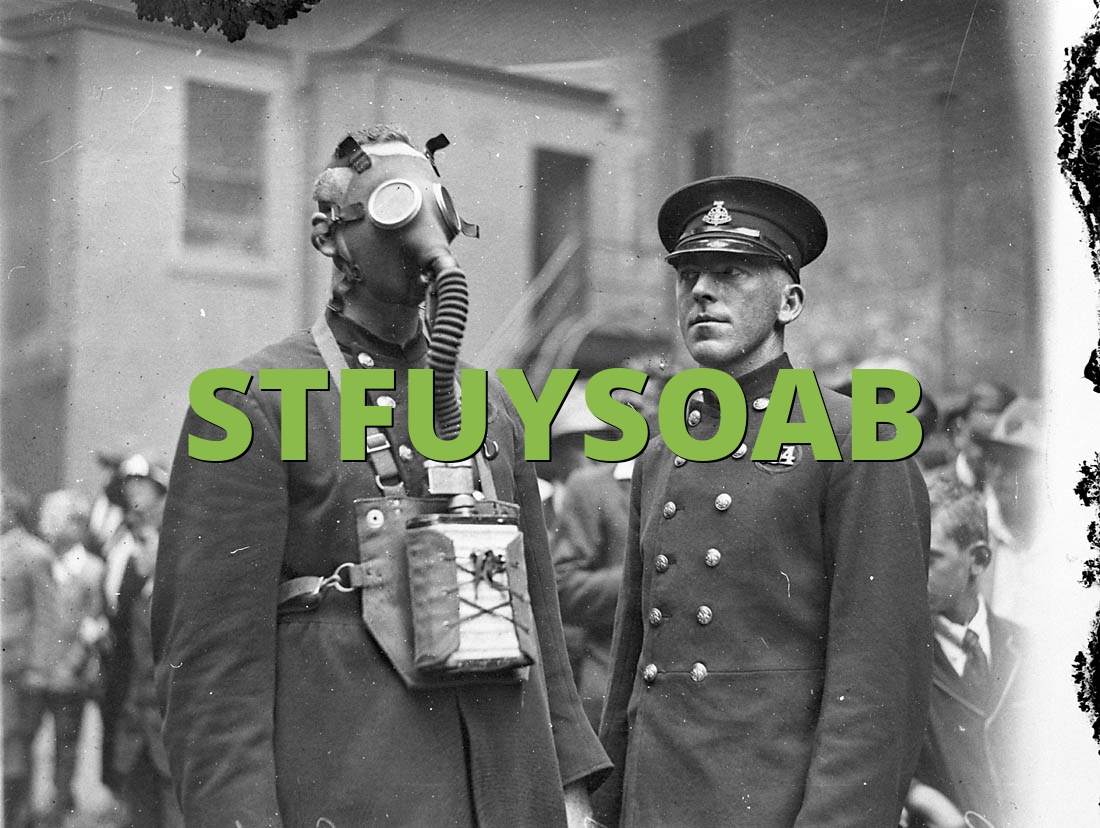
STFUYSOAB
shut the f**k up you son of a b***h
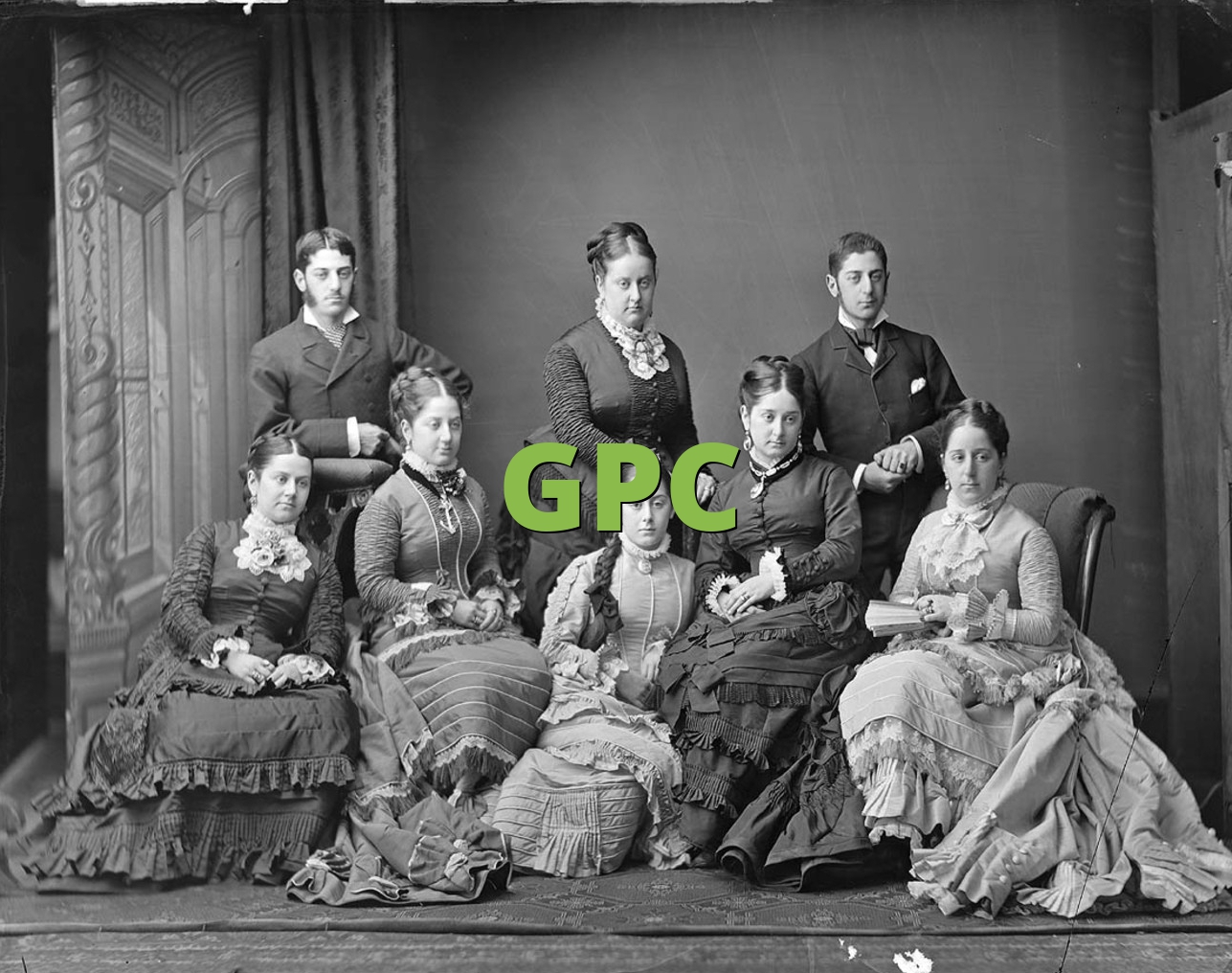
GPC
Get/Post/Cookie
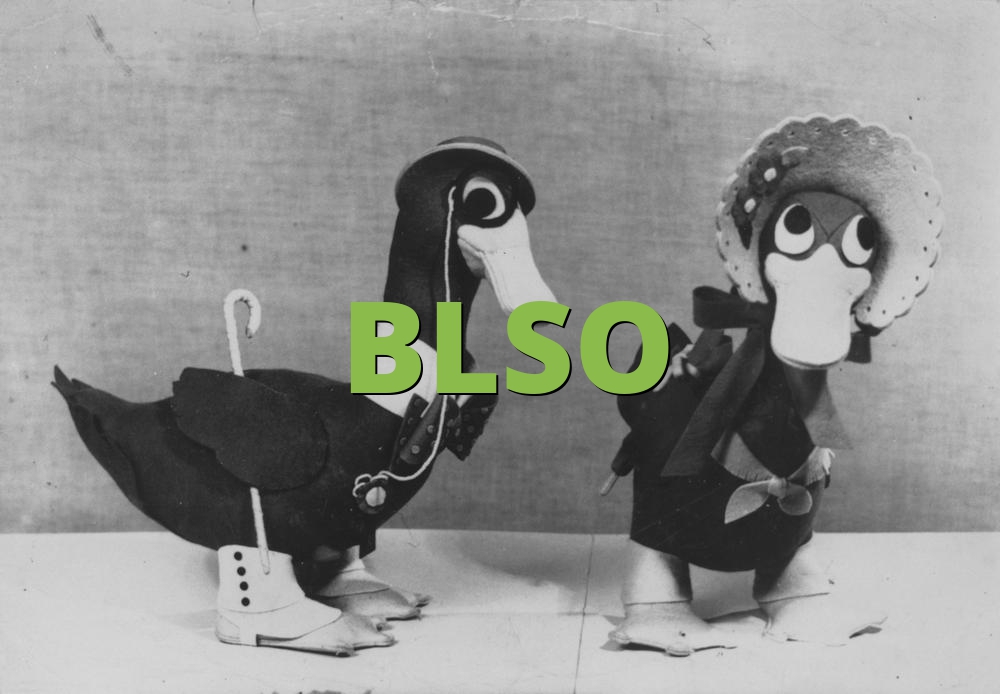
BLSO
Bottom Lip Stuck out
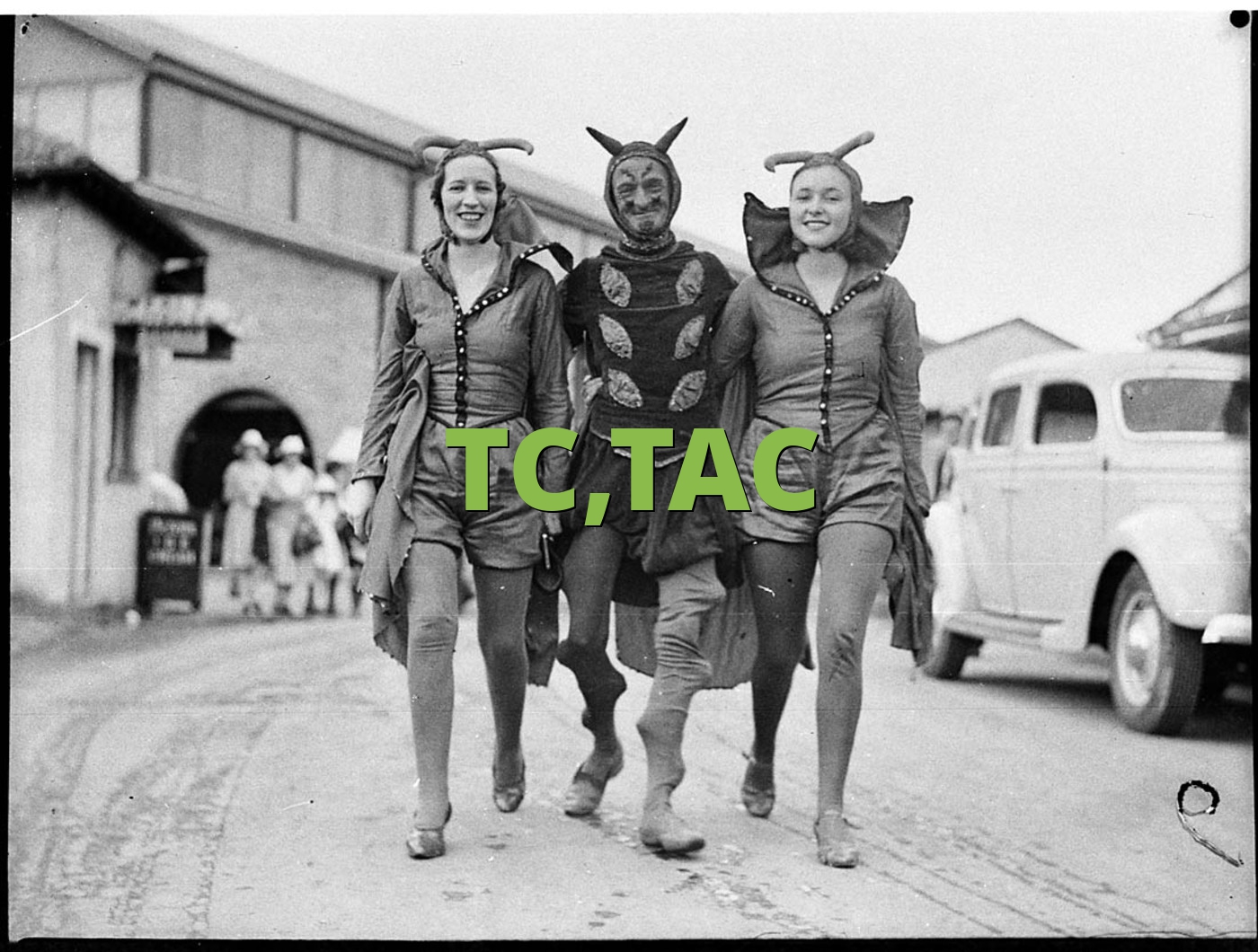
TC,TAC
Two's company, three's a crowd








